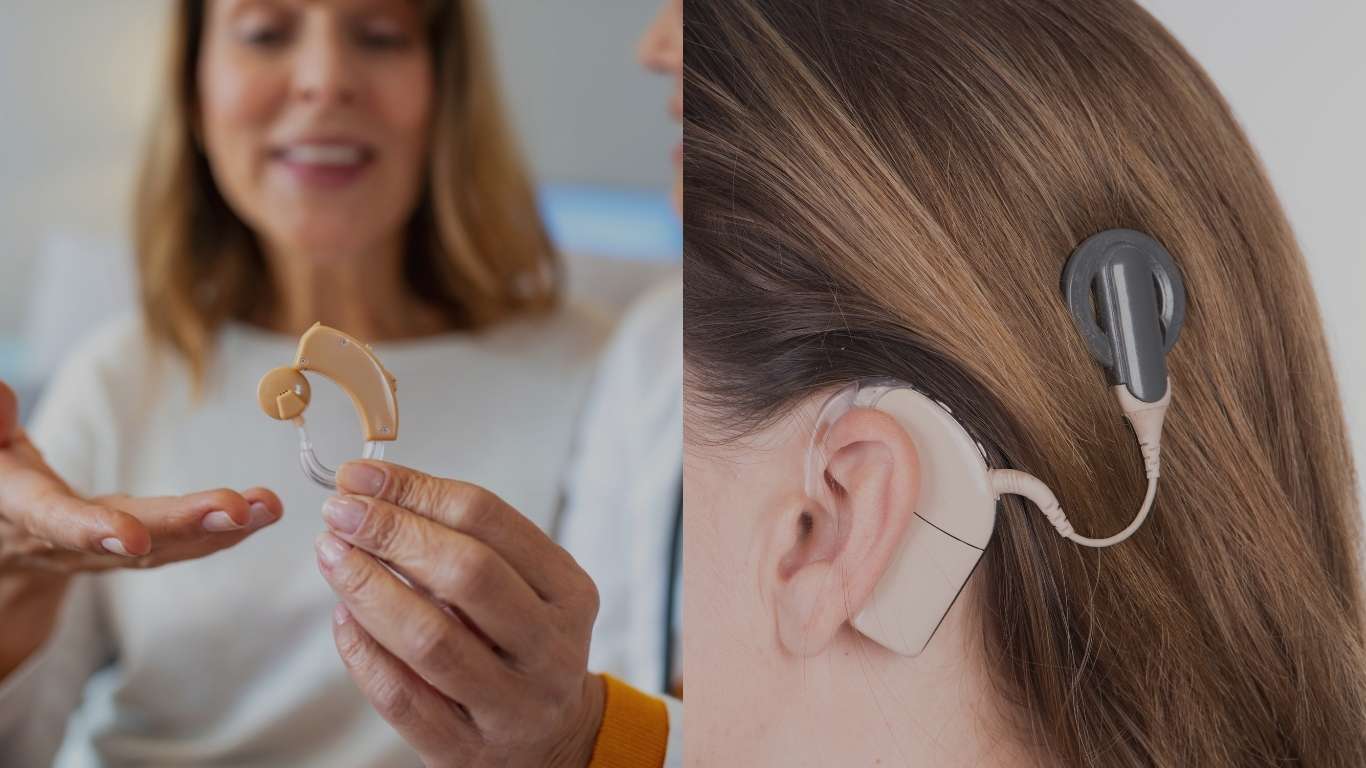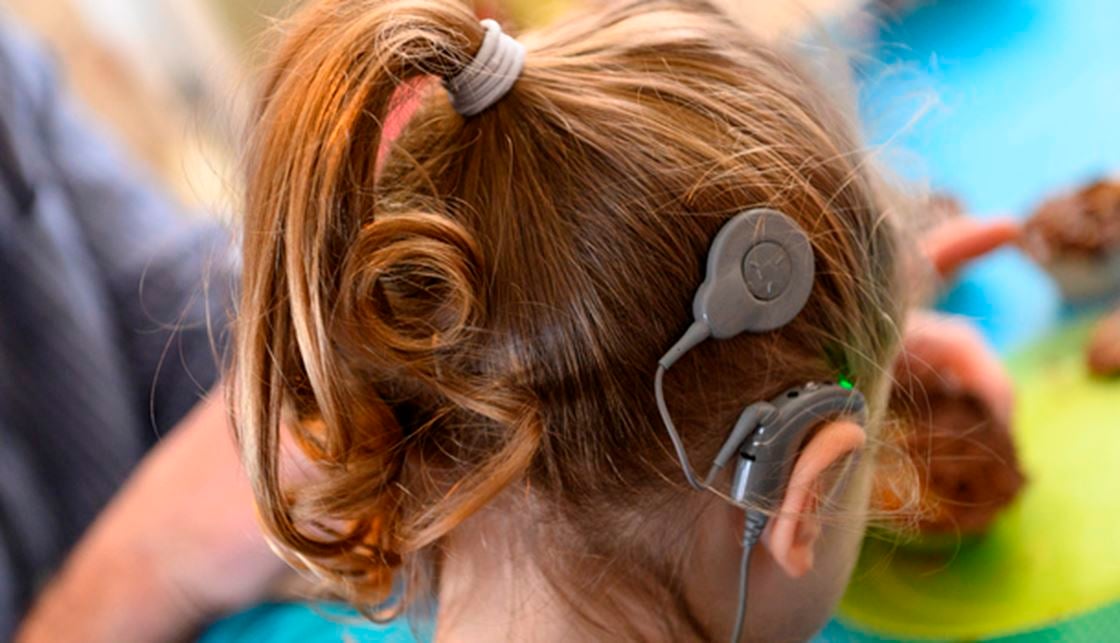Ask the Specialists
Tinnitus

Tinnitus is the perception of noise or ringing in the ears when no external sound is present. It can be a symptom of an underlying condition, such as hearing loss, ear injury, or a circulatory system disorder. It may affect sleep and concentration and can vary in loudness.
Diagnosis and Treatment
Diagnosis
Diagnosing tinnitus involves a comprehensive evaluation to determine the underlying cause and extent of the condition. Key steps in the diagnosis may include:
- Medical History: A thorough review of your medical history, including any prior ear injuries, hearing loss, or exposure to loud noises, as well as any medications you are currently taking.
- Physical Examination: An examination of the ears, head, and neck to identify any physical problems that may be contributing to tinnitus.
- Hearing Tests: Audiometric tests to assess hearing ability and determine the presence of hearing loss, which is commonly associated with tinnitus.
- Tinnitus Evaluation: Specialized tests to evaluate the characteristics of tinnitus, such as its pitch and loudness, which can help in determining the underlying cause.
- Imaging Studies: In certain cases, imaging tests such as MRI or CT scans may be conducted to rule out structural abnormalities or other conditions affecting the auditory system.
Treatment
While there is no one-size-fits-all treatment for tinnitus, various approaches can help manage symptoms and improve quality of life. Common treatment options include:
- Sound Therapy: This involves using background noise, music, or white noise to help mask the perception of tinnitus, making it less noticeable.
- Cognitive Behavioral Therapy (CBT): A therapeutic approach that helps patients manage the emotional impact of tinnitus and develop coping strategies to reduce distress.
- Hearing Aids: For individuals with hearing loss, hearing aids can amplify external sounds, which may help mask tinnitus and improve overall hearing.
- Tinnitus Retraining Therapy (TRT): A combination of sound therapy and counseling that aims to help individuals habituate to tinnitus over time.
- Medications: While there are no specific medications to treat tinnitus, certain medications may be prescribed to help alleviate associated symptoms, such as anxiety or depression.
- Lifestyle Modifications: Managing stress, reducing caffeine and nicotine intake, and practicing relaxation techniques can help lessen the severity of tinnitus symptoms.
- Surgical Options: In rare cases, surgical intervention may be considered if tinnitus is caused by specific medical conditions, such as tumors or vascular issues.
Preventive Measures
Preventive Measures for Tinnitus
- Protect Your Hearing: Use earplugs in noisy environments to prevent hearing loss that can lead to tinnitus.
- Manage Stress: Techniques such as mindfulness and relaxation exercises can help reduce the perception of tinnitus.
- Limit Caffeine and Alcohol Intake: These substances can exacerbate tinnitus symptoms for some individuals.
- Consult Healthcare Professionals: Regular check-ups can help address underlying conditions that may cause or worsen tinnitus.
Tinnitus is the perception of noise or ringing in the ears when no external sound is present, and it can be temporary or chronic.
Common causes include exposure to loud noise, ear infections, earwax buildup, and age-related hearing loss.
Diagnosis involves a physical examination, hearing tests, and sometimes imaging studies to identify underlying causes.
Treatment options may include sound therapy, hearing aids, or counseling to manage symptoms.
Preventive measures include avoiding loud noises, using ear protection, and managing underlying health conditions.



